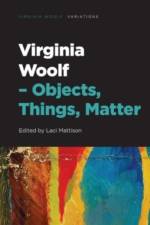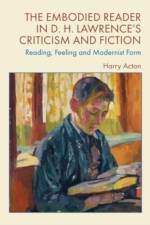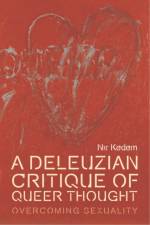529,-
A detailed assessment of D. H. Lawrence's wide-ranging engagements across the verbal, visual and performance arts This book includes twenty-eight innovative chapters by specialists from across the arts, reassessing Lawrence's relationship to aesthetic categories and specific art forms in their historical and critical contexts. A new picture of Lawrence as an artist emerges, expanding from traditional areas of enquiry in prose and poetry into the fields of drama, painting, sculpture, music, architecture, dance, historiography, life writing and queer aesthetics. The Companion presents original research on topics such as Lawrence's politics in his art, his representations of technology, his practice of revising and rewriting, and the relationship between his criticism and creation of prose, poetry and painting. This interdisciplinary Companion also makes a strong case for Lawrence's continuing relevance and aesthetic power, as represented by case studies of his afterlives in biofiction, cinema, musical settings and portraiture. Catherine Brown is Head of English and Senior Lecturer in English Literature at the New College of the Humanities, London. She is the author of The Art of Comparison: How Novels and Critics Compare (2011), articles on Lawrence, George Eliot, Henry James and Tolstoy, and is the co-editor of The Reception of George Eliot in Europe (2016). Susan Reid is the Editor of the Journal of D. H. Lawrence Studies. She is the author of D. H. Lawrence, Music and Modernism (2019) and many articles and book chapters on Lawrence and other modernist writers, and the co-editor of Katherine Mansfield and Literary Modernism (2011) and Katherine Mansfield Studies (2010-12).





